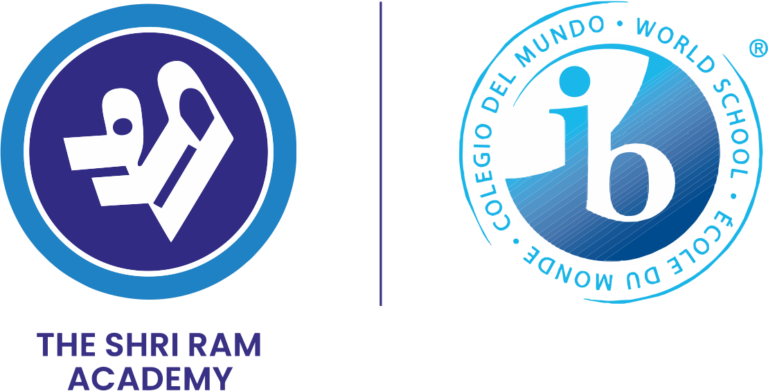
What Makes the International Baccalaureate Program Unique Compared to Other Boards?
What Makes the International Baccalaureate Program Unique Compared to Other Boards?
Education is always changing, and selecting the right board has a big impact on a child’s academic path and future.
From academic to life skills development, there are various boards available like CBSE, ICSE, Cambridge, State Boards, and others that provide different frameworks and educational approaches.
Among all boards, the International Baccalaureate (IB) program aims to develop skills, emphasis on holistic development, and global perspectives. It seeks to create well-rounded individuals who are critical thinkers, compassionate learners, and active global citizens.
Let’s explore what makes the IB Board syllabus in India truly unique compared to other educational boards.
What is the International Baccalaureate (IB)?
IB is a globally recognised educational framework that offers four challenging, high-quality frameworks for students aged 3 to 19. The programme offers a student-centric, inquiry-based approach to learning.
The IB framework is designed to develop curiosity, critical thinking, and the ability to solve complex problems, preparing students for career growth and providing holistic development.
Holistic Development through Core Components
The broad approach to education taken by the IB board is well known. It emphasises well-rounded curricula that promote moral, intellectual, and emotional development. Students become well-rounded people when key areas like leadership, service, the arts, and wellness are emphasised.
- Creativity, Activity, and Service (CAS) – It encourages students to engage in a range of experiences to enhance their personal and interpersonal development. The students pursue their own interests, set goals, track progress, and reflect on their experiences.
- Extended Essay (EE) – It’s a component of the IB curriculum requiring students to conduct independent research on the topic of their choice, do thorough research, and disciplined writing.
- Theory of Knowledge (TOK) – It encourages students to think about what knowledge is, develop a love for learning throughout their lives, and cultivate a mindset focused on curiosity and the constant search for knowledge.
Teacher Training and Pedagogical Approach
The IB board’s approach is founded on inquiry-based learning. The pedagogical method ensures that the students are at the core of their learning process.
Moreover, IB teachers undergo specialised certification and continuous professional development directly from the International Baccalaureate Organisation (IBO).
This training ensures they are ready to use inquiry-based learning. It helps them understand student learning deeply and shows their commitment to ongoing learning.
Unlike traditional instruction that focuses on memorisation, IB classrooms highlight student-led learning, mentorship, and constant feedback. Smaller class sizes also enable teachers to give personalised attention and support individual learning styles.
Even in the early years, the International Baccalaureate Preschool focuses on inquiry-based learning, fostering curiosity from a young age.
Preparation for University and Beyond
One of the benefits of the IB curriculum is its acceptance by leading universities across the World and its effectiveness in preparing students for the rigours of universities.
Further, the International Baccalaureate Programme is known for its rigorous curriculum and high expectations. It helps students develop skills, foster critical thinking, and independent learning habits needed for success in higher education and future career goals.
With its focus on helping students develop a global perspective, IB education encourages international-mindedness and cultural understanding. This prepares students to engage with different viewpoints and global issues.
Activities like CAS, EE, and TOK play an important role in building cultural empathy. Students explore various global issues, learn about different cultures around the world, and gain a better understanding of how their actions can have worldwide effects.
Conclusion
While ICSE, CBSE, and State boards provide strong academic training, the IB board goes beyond a standard curriculum. It focuses on overall development, critical thinking, and global citizenship.
The approach of the International Baccalaureate (IB) board fosters intercultural understanding and aligns with the rigorous academic requirements of numerous universities across the globe. The fundamental elements CAS, EE, and TOK provide a distinctive educational opportunity.
At The Shri Ram Academy (TSRA) in Hyderabad, we proudly follow the IB framework. We nurture young minds to become global citizens. Our commitment to creating a supportive environment that inspires children, along with our innovative teaching methods, makes us a significant contributor to quality education.
